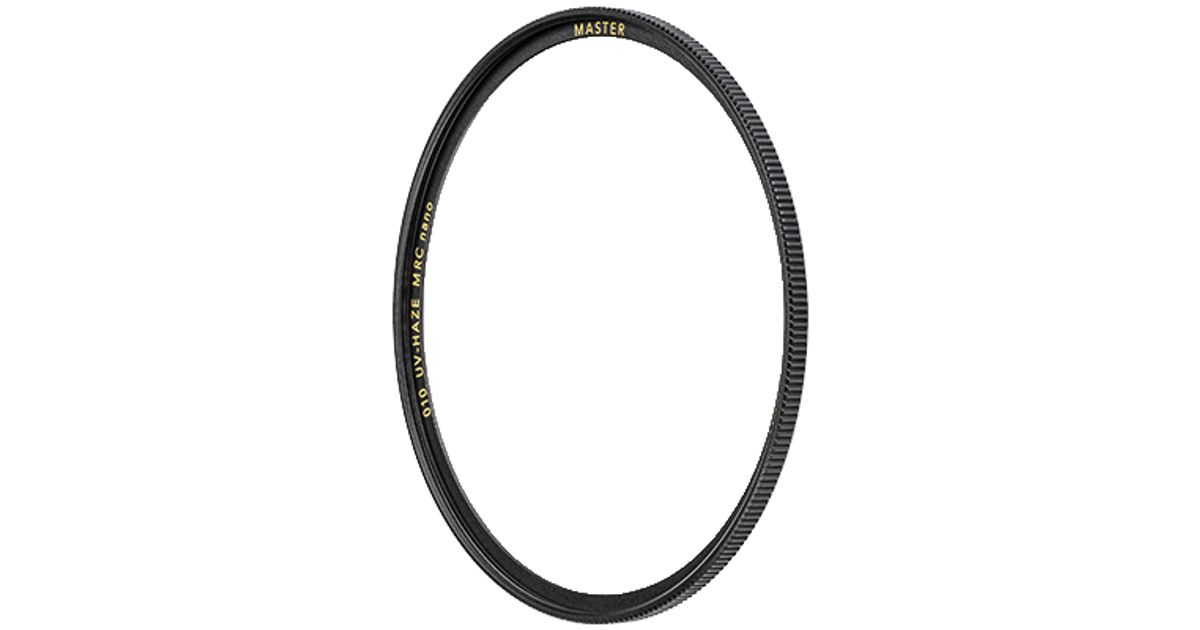For illustrative purpose only
B+W 010 MASTER Ultraviolet (UV) camera filter 6 cm
B+W 010 MASTER, 6 cm, Ultraviolet (UV) camera filter, Multi Resistant Coating (MRC), 1 pc(s)
Read more...
Read more...
Product Information
Product Description
Active photography puts a great demand on both cameras and lenses. It makes sense therefore to use a B+W filter to protect your delicate front lens element against the elements such as blowing sand and dust, fingerprints and splashing water. B+W filters not only cost just a fraction of the price of a new lens but they are also easier to clean.
They can remain in front of the lens permanently as they are absolutely color-neutral, highly transparent and, thanks to the B+W MRC coating or B+W MRC nano-coating, have an extremely low reflection. The optical information remains unaffected when it reaches the image sensor (or film). With these extremely clear and highly transparent B+W protection filters, no exposure compensation factor needs to be taken into account.
Protection filters play a particularly important role in digital photography. The larger depth of field resulting from smaller image sensors increases the effects on image quality from front lens soiling. Fingerprints, for instance, reduce sharpness significantly, particularly in the case of zoom lenses with a lower light intensity and frequent cleaning of the front lens can not only cause scratching, but also transport dirt particles or moisture at the edge of the mount to the inside of the lens system.
They can remain in front of the lens permanently as they are absolutely color-neutral, highly transparent and, thanks to the B+W MRC coating or B+W MRC nano-coating, have an extremely low reflection. The optical information remains unaffected when it reaches the image sensor (or film). With these extremely clear and highly transparent B+W protection filters, no exposure compensation factor needs to be taken into account.
Protection filters play a particularly important role in digital photography. The larger depth of field resulting from smaller image sensors increases the effects on image quality from front lens soiling. Fingerprints, for instance, reduce sharpness significantly, particularly in the case of zoom lenses with a lower light intensity and frequent cleaning of the front lens can not only cause scratching, but also transport dirt particles or moisture at the edge of the mount to the inside of the lens system.

